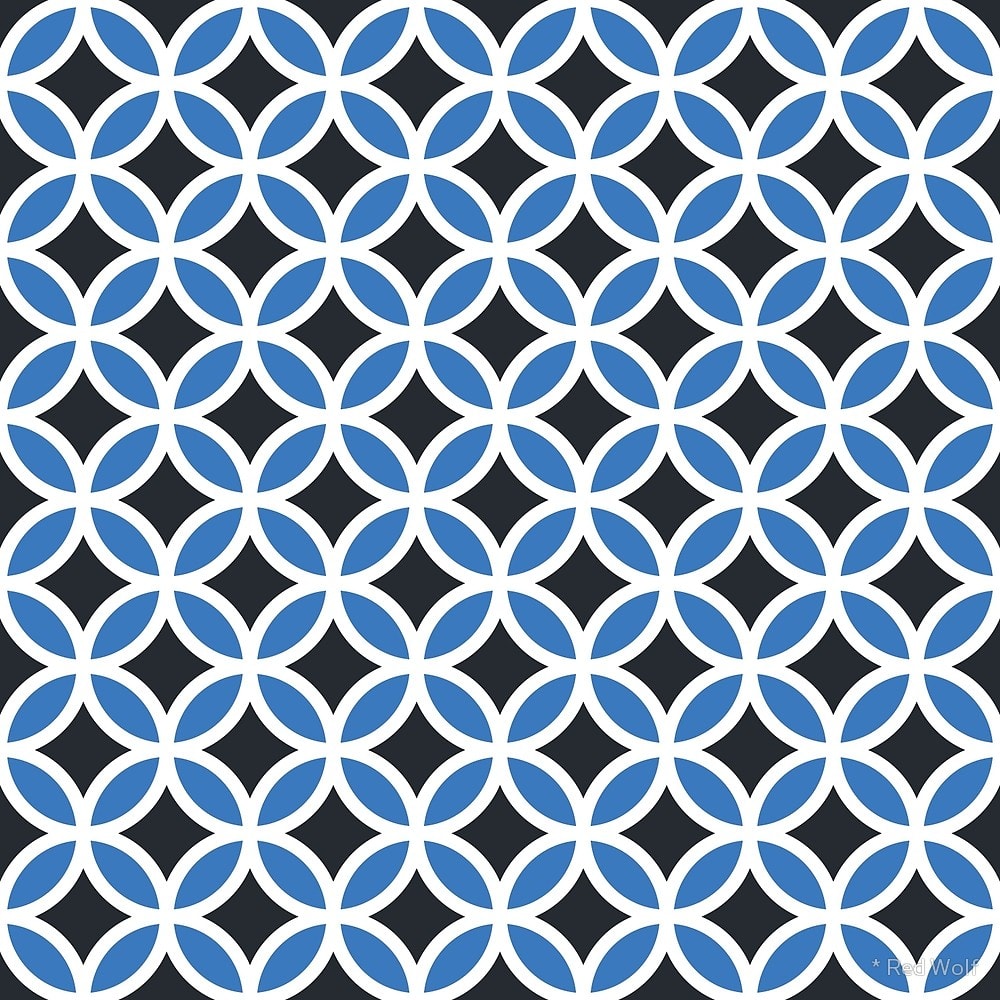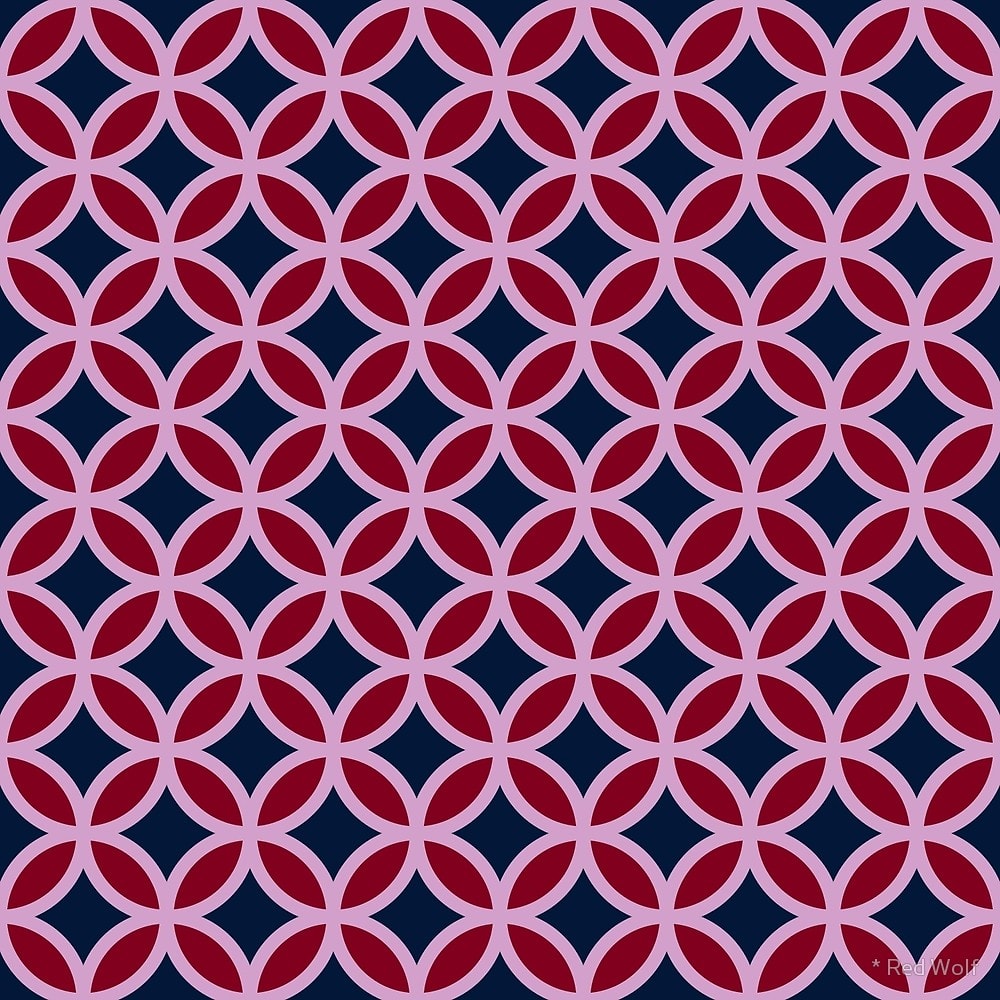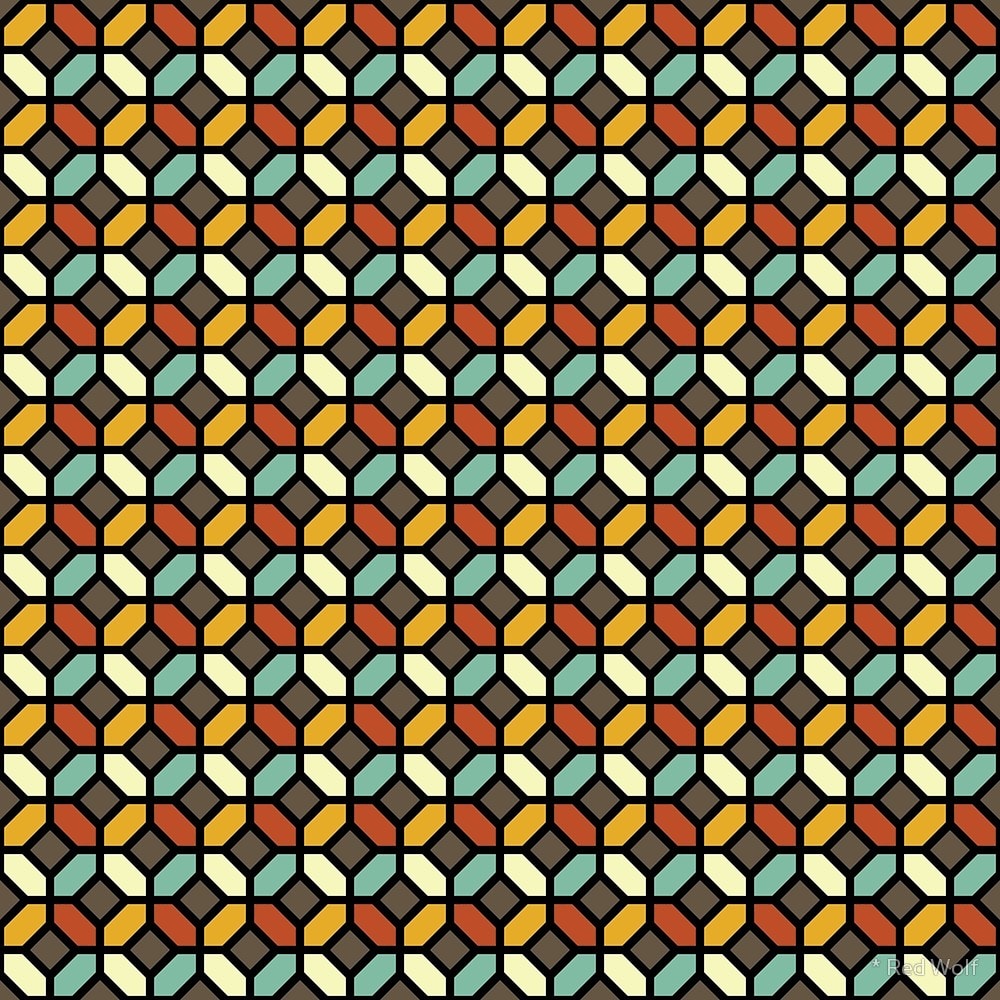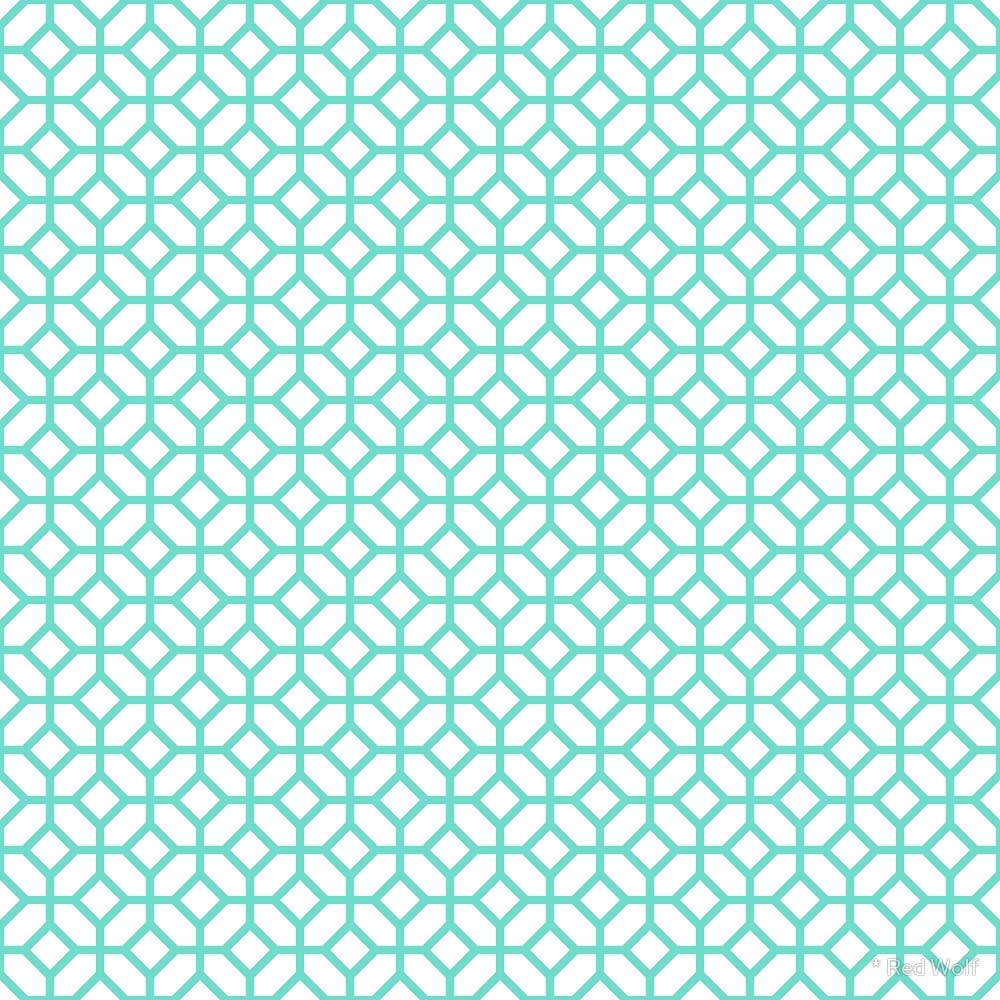Pink Pig Face (Mesembryanthemum) originally uploaded by Red Wolf
White husky detours through the garden — via Youtube
Former Chief Justice of Ireland John L Murray has warned that retained telecommunications data poses a threat to fundamental rights and freedoms
in a searing report [PDF] released on Tuesday alongside proposed amendments by the government to Ireland’s data retention laws.
Murray said Ireland’s data retention system touches every aspect of a person’s communications profile for a lengthy period of time.
[Data retention] establishes a form of mass surveillance of virtually the entire population of the state, involving the retention and storage of historic data, other than actual content, pertaining to every electronic communication, in any form, made by anyone and everyone at any time,
he wrote.
A vast amount of private information pertaining to the personal communications of virtually everyone in the state is now retained without the consent of those affected in databases maintained by each private service provider in fulfilment of its statutory obligations.
Ireland’s data retention regime, enacted in 2011, mandates that data related to phone calls, text messages, and phone location be kept for two years and IP addresses for internet connections for one year. Due to a decision by the European Court of Justice (ECJ) striking down a European Union data retention directive in 2014, Ireland’s laws in the area need to be modified to remain compliant.
The retained data is able to be currently accessed under a disclosure request by Irish Defence Forces, an officer of the Revenue Commissioners, the Garda Síochána (Irish Police), the Competition and Consumer Protection Commission, or anyone with an appropriate court order or authorisation by the Data Protection Commissioner. The legislation also allows for individuals to request the data kept on them.
The former chief justice warned that safeguards in place for state authorities to access retained data could be undermined by those agencies believing they are entitled to the data if it is deemed useful by them.
Access to a person’s private historical communications data is an intrusion on their rights and on data which is personal to them,
Murray said. Mere utility or potential utility is not the test
— via ZDNet
— via misshoneyvanity
- Geometric Pattern: Hexagon Star Diamond: White (Redbubble | Spoonflower)
- Geometric Pattern: Hexagon Star Diamond: Grey (Redbubble | Spoonflower)
- Geometric Pattern: Hexagon Star Diamond: Red (Redbubble | Spoonflower)
- Geometric Pattern: Hexagon Star Diamond: Yellow (Redbubble | Spoonflower)
— by Red Wolf
Faked up 60’s style toy advertisement for the Hellraiser Box — via Kyohazard
- Geometric Pattern: Hexagon: Blue (Redbubble | Spoonflower)
- Geometric Pattern: Hexagon: Pink (Redbubble | Spoonflower)
- Geometric Pattern: Hexagon: Orange (Redbubble | Spoonflower)
- Geometric Pattern: Hexagon: Green (Redbubble | Spoonflower)
- Geometric Pattern: Hexagon: Yellow (Redbubble | Spoonflower)
— by Red Wolf
Former architect Yannick Martin, who has previously confined architecture’s most famous houses to a cube, is a graphic designer who explores line and geometric shapes to examine the language of the diagram. By fragmenting simple shapes, Martin seeks to offer new ways of looking at an icon so commonplace and ubiquitously used that, for most, the sheer potential and variety of its application can be overlooked — via ArchDaily
- Geometric Pattern: Double Angle: Grey (Redbubble | Spoonflower)
- Geometric Pattern: Double Angle: Green (Redbubble | Spoonflower)
- Geometric Pattern: Double Angle: Blue on Blue (Redbubble | Spoonflower)
- Geometric Pattern: Double Angle: Blue (Redbubble | Spoonflower)
- Geometric Pattern: Double Angle: Blue/Orange (Redbubble | Spoonflower)
— by Red Wolf
Flowering Crabapple (Malus) originally uploaded by Red Wolf
- Geometric Pattern: Circle: Green (Redbubble | Spoonflower)
- Geometric Pattern: Circle: Blue/Black (Redbubble | Spoonflower)
- Geometric Pattern: Circle: Blue/Orange (Redbubble | Spoonflower)
- Geometric Pattern: Circle: Orange (Redbubble | Spoonflower)
- Geometric Pattern: Circle: Tan (Redbubble | Spoonflower)
- Geometric Pattern: Circle: Orchid (Redbubble | Spoonflower)
— by Red Wolf
Kutuleras brings you Cthulhu cosplaying Totoro! — via Etsy
- Geometric Pattern: Octagon: Spring (Redbubble | Spoonflower)
- Geometric Pattern: Octagon: Fall (Redbubble | Spoonflower)
- Geometric Pattern: Octagon: Simon (Redbubble | Spoonflower)
- Geometric Pattern: Octagon: Blue (Redbubble | Spoonflower)
— by Red Wolf
Dutch design firm Studio Bas van der Veer has created Raindrop, a rain barrel designed to mount to an exterior wall and make collecting rainwater easy.
The design, which is handmade in The Netherlands and produced by pottery label Elho, includes a removable watering can that automatically fills up with rain water first, before the excess rain water collects in the main body of Raindrop. There’s also a tap at the bottom to allow for easy refilling of the watering can or if needed, a hose can be attached — via CONTEMPORIST
- Geometric Pattern: Loop Diamond: Blue (Redbubble | Spoonflower)
- Geometric Pattern: Loop Diamond: Blue/Brown (Redbubble | Spoonflower)
- Geometric Pattern: Loop Diamond: Green (Redbubble | Spoonflower)
- Geometric Pattern: Loop Diamond: Black (Redbubble | Spoonflower)
— by Red Wolf
Toronto Zoo‘s four-month-old Clouded Leopard cubs are transitioning to a new play space and zoo guests can now see the sisters during limited times on most days — via ZooBorns
A baby Fossa (pronounced FOO-sa) was born this summer at the San Diego Zoo. Now 12 weeks old, the Fossa pup, its mother and three siblings moved into their new home in the Conrad Prebys Africa Rocks exhibit last week and wasted no time exploring—jumping over grassy areas, climbing on rocks and playing in trees — via ZooBorns
— via Mr Lovenstein
























































 RSS – Posts
RSS – Posts